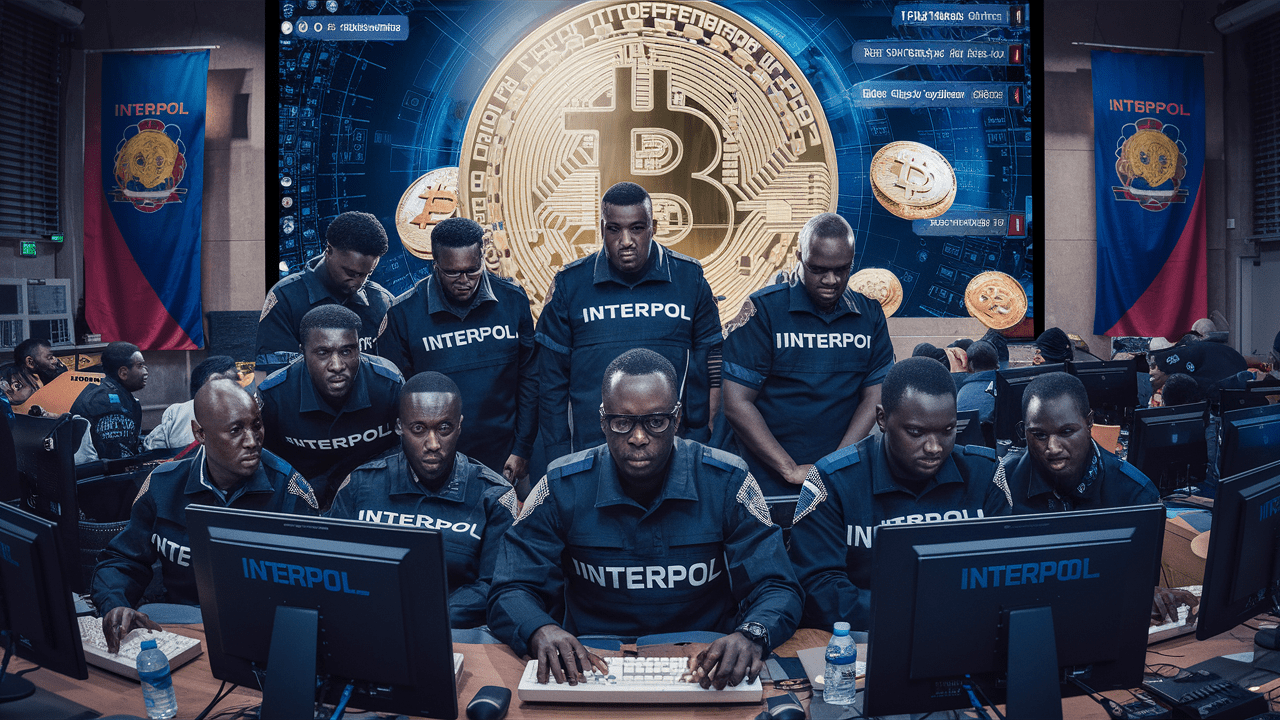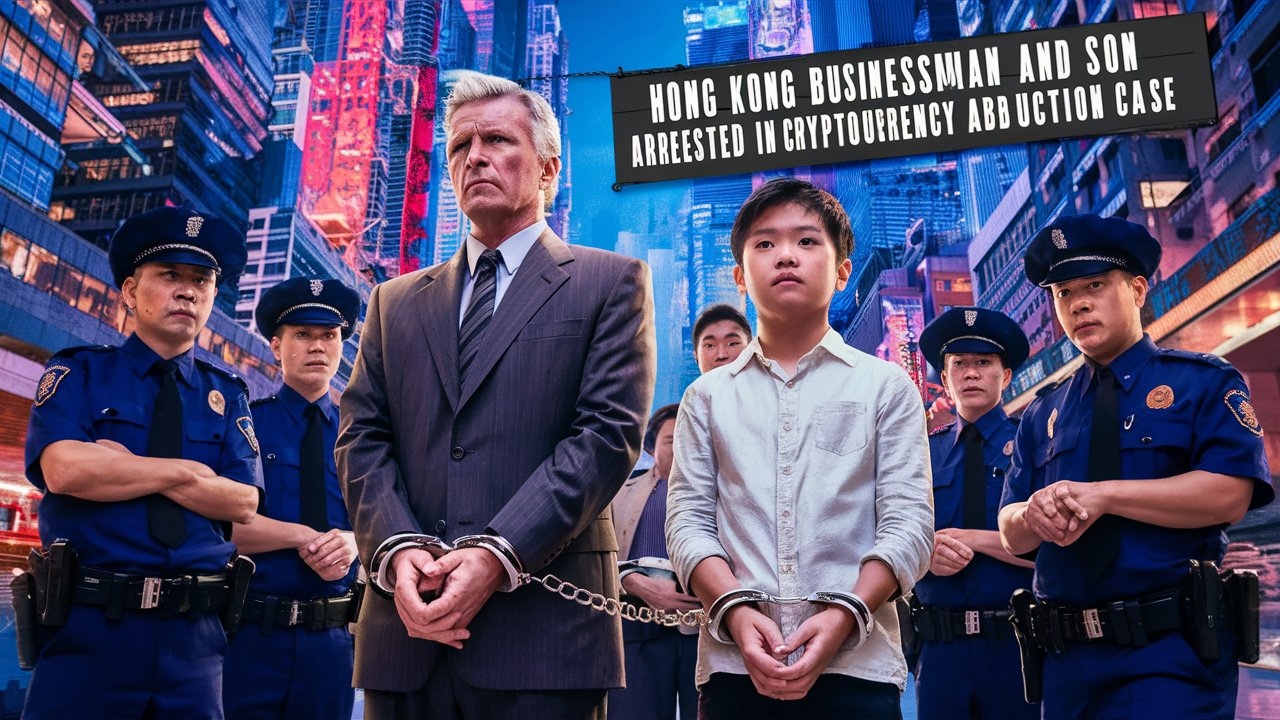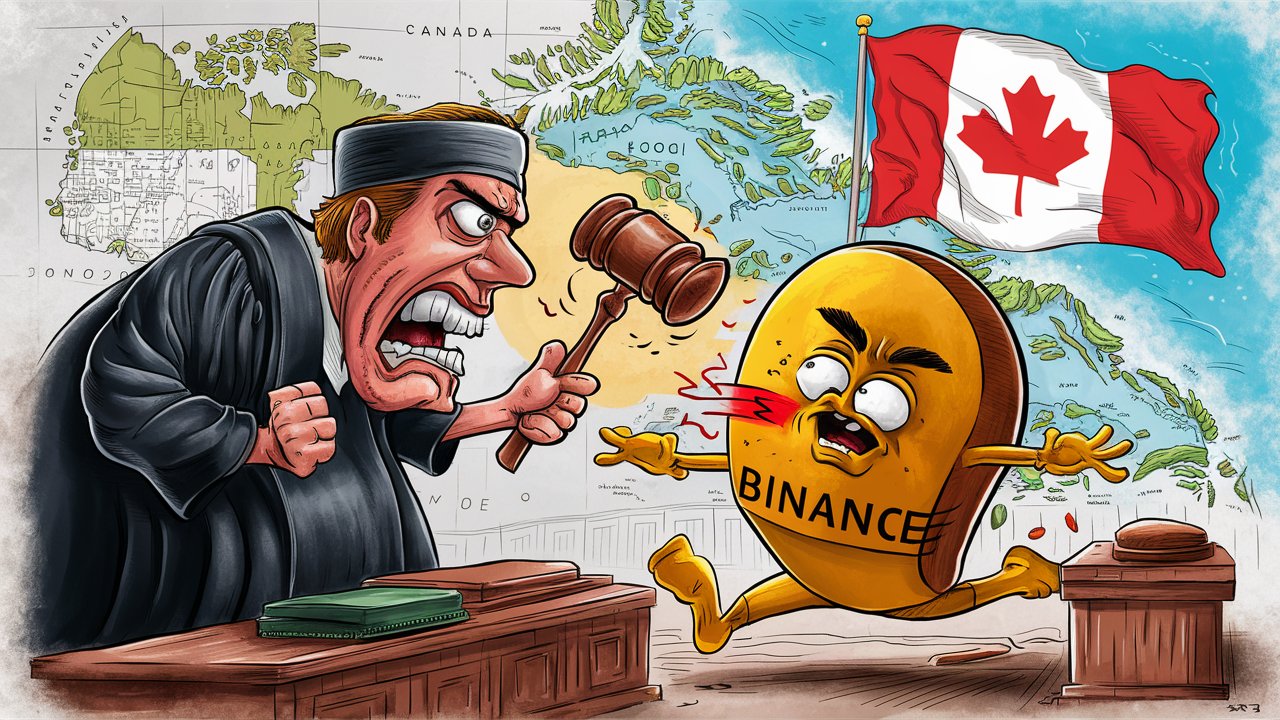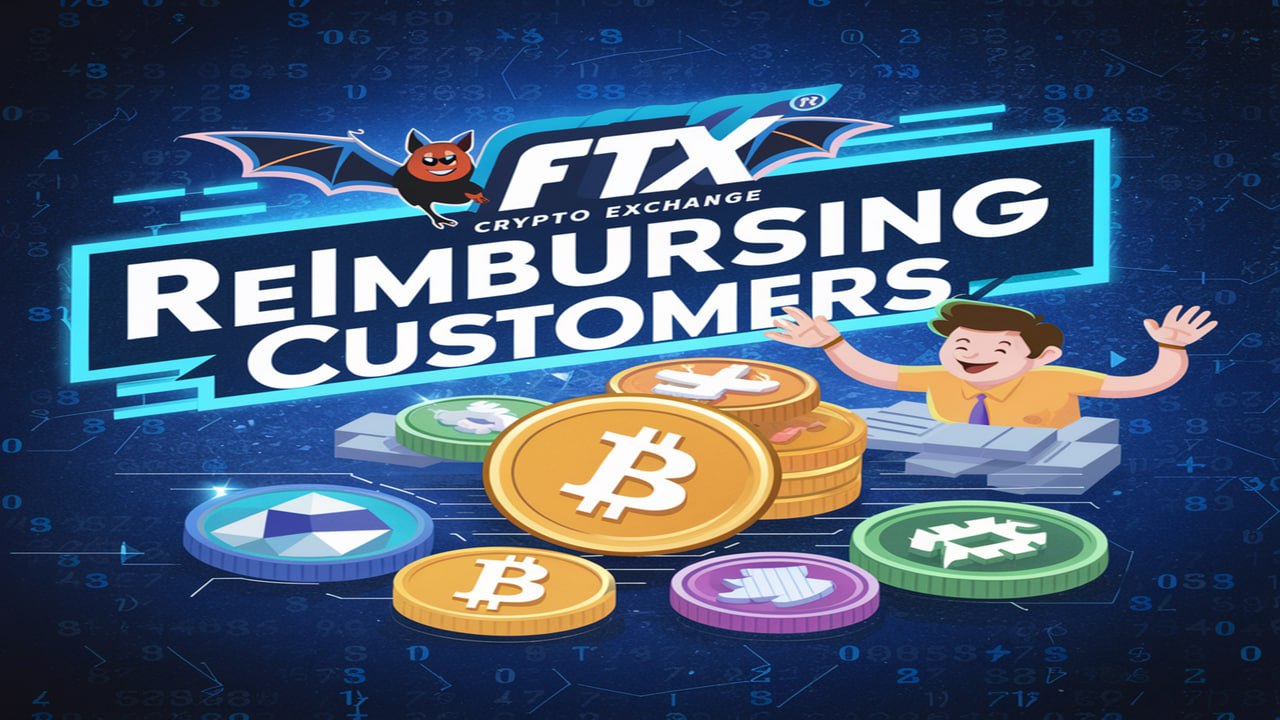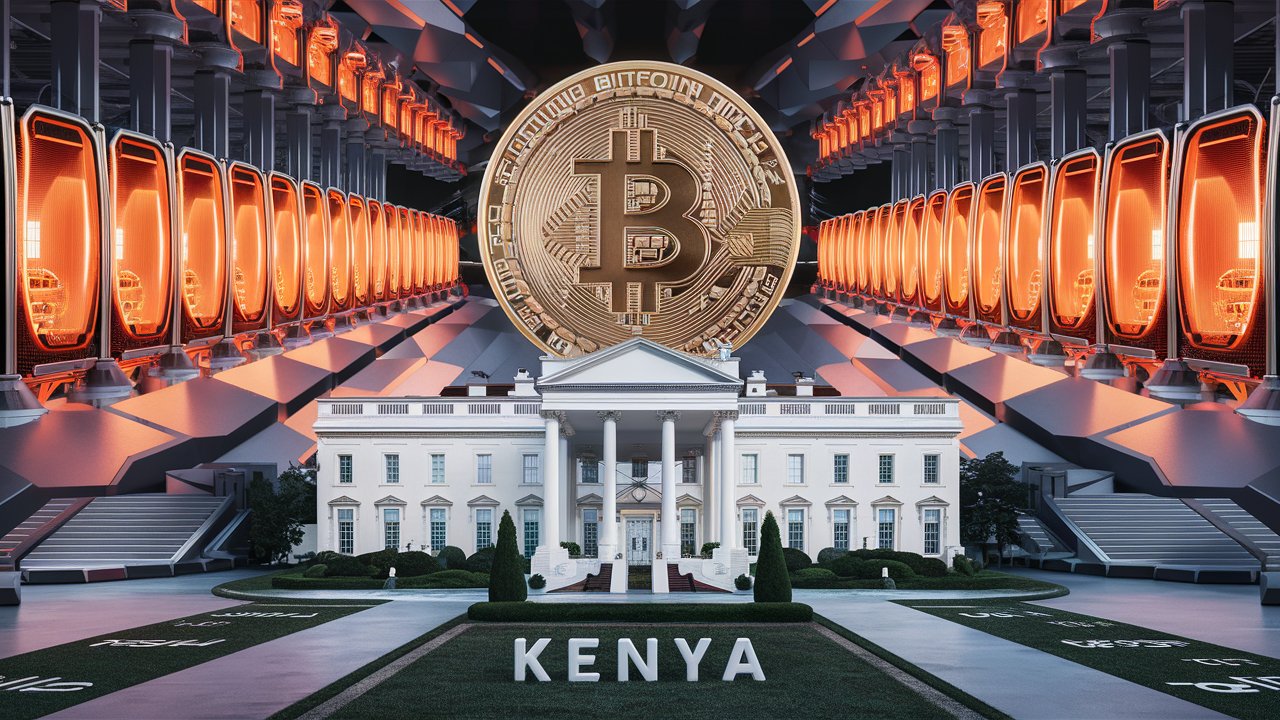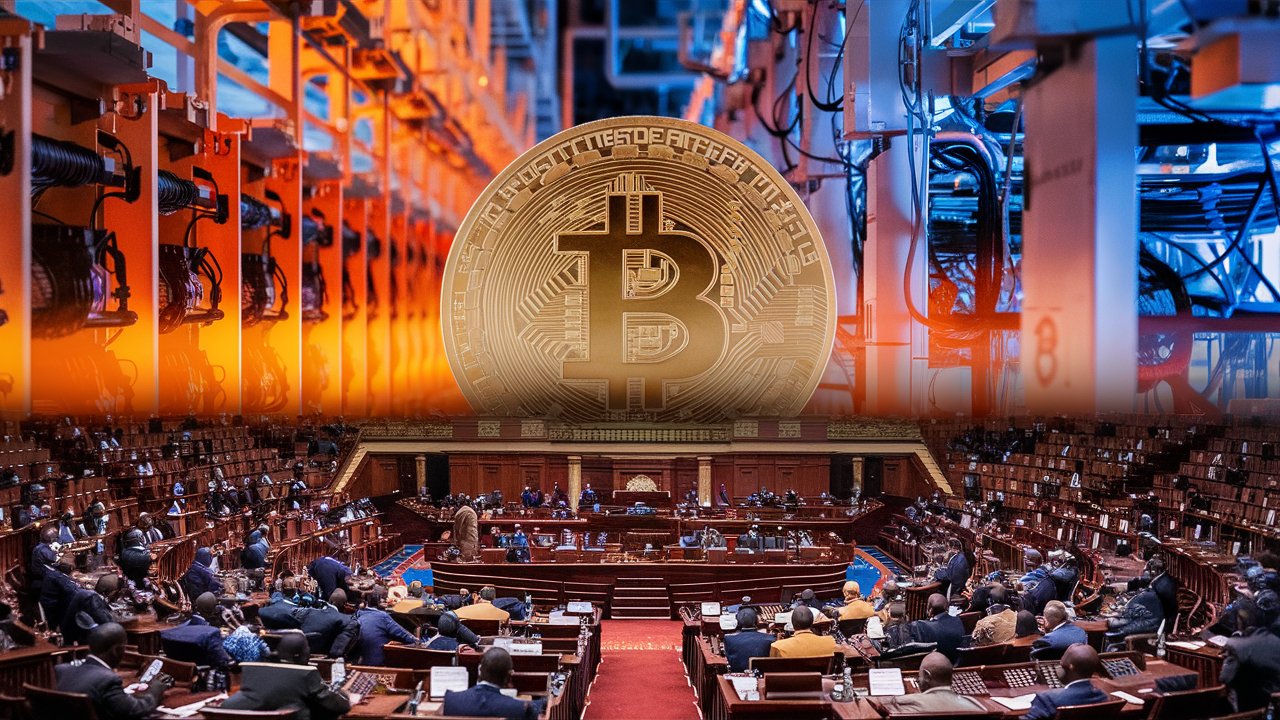
The Philippines’ Securities and Exchange Commission (SEC) has taken a significant step against Binance. The global cryptocurrency exchange faces a ban on local user access by June 2024. The SEC cites Binance’s lack of a local license as the main reason for this decision. Emilio B. Aquino, the SEC Chairperson, announced the plan, emphasizing concerns over unlicensed operations.
“The SEC has identified the aforementioned platform and concluded that the public’s continued access to these websites/apps poses a threat to the security of the funds of investing Filipinos,” SEC Chairperson Emilio B. Aquino said.
The SEC is coordinating with the National Telecommunication Commission (NTC) to implement the ban. Their goal is to block Filipino users from accessing Binance’s website and trading platforms. Aquino highlighted specific offerings from Binance, such as leveraged trading and crypto savings accounts, as violations of the Securities Regulation Code.
The SEC’s action aims to protect investors. It provides a period for users to close their positions on Binance. Additionally, the SEC has requested tech giants like Google and Meta to halt Binance-related advertisements in the Philippines.
Global Scrutiny on Binance
Binance’s challenges are not limited to the Philippines. In March 2024, Nigerian authorities fined Binance USD 10 billion. The fine was for alleged exchange rate manipulation and illegal operations within Nigeria. This period also saw the arrest of two Binance executives on charges of money laundering and financial terrorism.
In the United States, Binance settled with the Department of Justice for USD 4 billion in November 2023. This settlement came after accusations of violating the Bank Secrecy Act and failing to register as a money-transmitting business. Following these events, Binance’s CEO, Changpeng “CZ” Zhao, pleaded guilty to charges related to anti-money laundering failures. He then stepped down from his position.
Regulatory Compliance in Crypto
The SEC’s decision to block Binance access highlights a broader theme of regulatory compliance in the cryptocurrency industry. This move reflects the SEC’s commitment to investor protection and regulatory oversight. The evolving landscape of digital assets demands adherence to local regulations by companies like Binance.
These steps taken by the SEC and other global regulators underscore the importance of compliance. As the digital asset sector continues to grow, regulatory actions such as these serve as a reminder of the need for transparent and lawful operations by cryptocurrency exchanges worldwide.
Also read: Binance to End TRC20 USDC Transactions Starting April 2024


